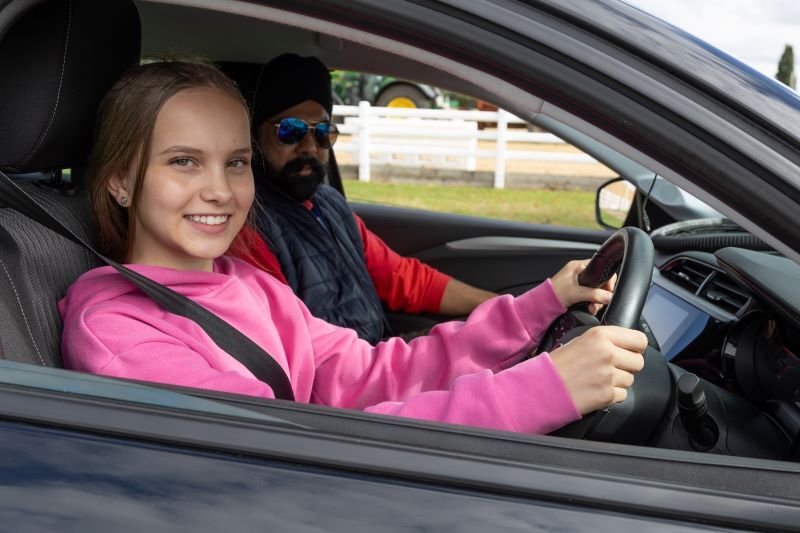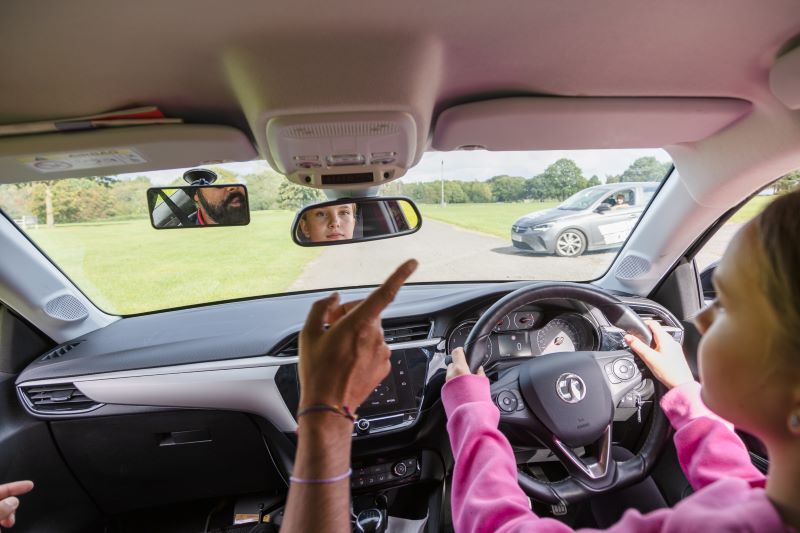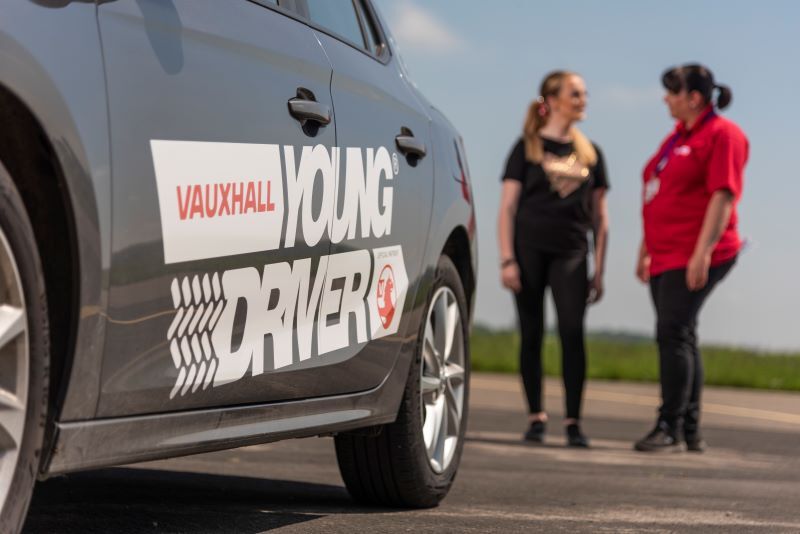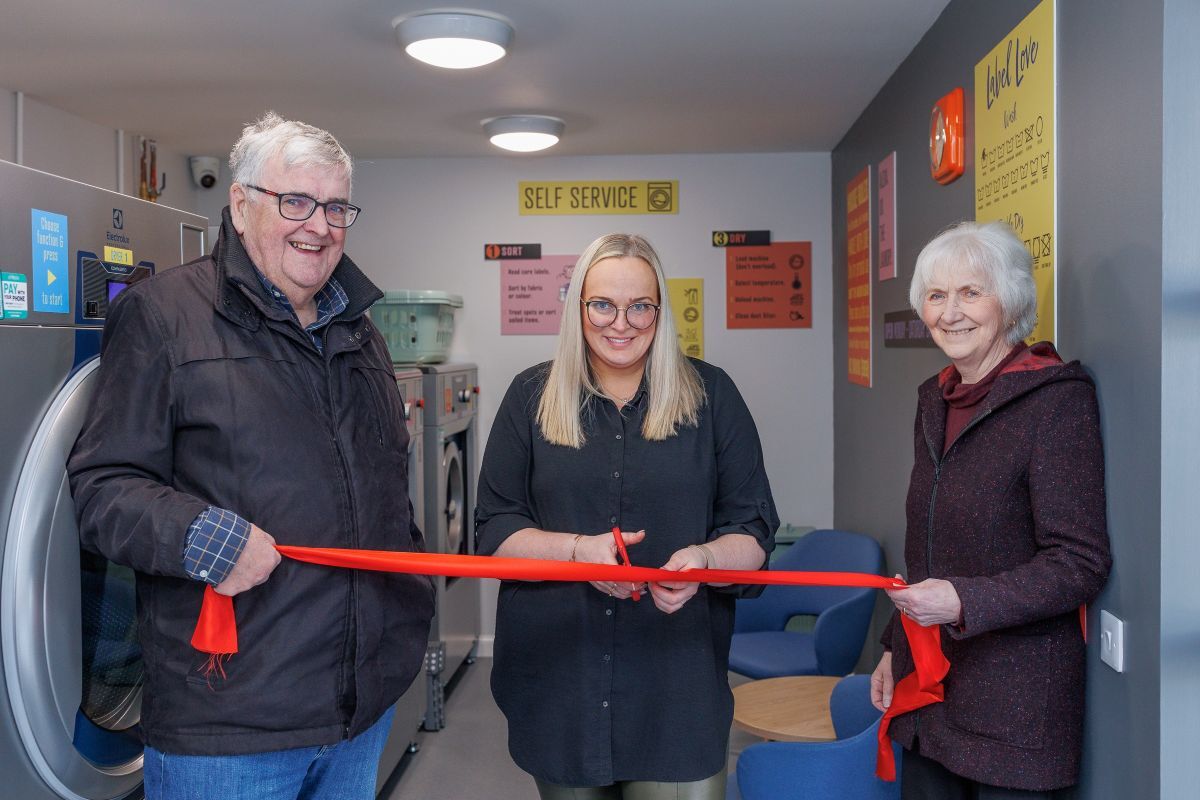Driving instructor waiting lists leave learners in the lurch
With recent figures showing there are still long waits for driving tests, new research has revealed that even finding a driving instructor might prove difficult for many learners.
The UK’s largest pre-17 driving school, Young Driver, questioned 150 driving instructors, and found that two thirds (67%) currently have a waiting list for on-the-road lessons.
Although the average wait time is two months, 7% said learners would be waiting over six months to get a lesson with them, and 15% said they had waiting lists of over four months.
When asked about the main reasons for wait times, 70% of instructors said the lack of driving test availability was leaving learners in limbo for longer, meaning others were unable to start their learning-to-drive journey.
Over half (56%) said things had never returned to normal post-Covid. One in four (27%) said there was a lack of driving instructors, and one in five (20%) felt the issue lay with youngsters needing more lessons to be able to pass their test.
Young Driver has experienced a surge in bookings this year, as parents look to get youngsters learning to drive before they reach their 17th birthday, with over 50,000 lessons being delivered in the first seven months of 2024 – a 16% increase on 2023. Children as young as 10 can learn in dual control cars, with government approved instructors. They learn the basics of changing gear, steering and controlling the vehicle on private properties at venues across the country. Over 1.4 million lessons have been given since the scheme launched in 2009, and research shows early driver tuition can also dramatically reduce the accident rate for newly qualified drivers.
Sue Waterfield at Young Driver said: “Driving is a key life skill. When we recently questioned 1,000 members of the public, 36% of people agreed it was vital, putting it in the top three life skills we should all have. So, it’s a real problem if our young people are finding there are barriers to getting behind the wheel – whether that be financial or practical, including lack of availability of lessons and tests. That’s why people are seeking our pre-17 lessons to start building those key skills ahead of time.
“It makes sense to learn over a longer period, without the pressures of the real road. That way, when they get to 17, youngsters already know all the ‘below the dashboard skills’ so they have an advantage. That means they’re likely to need fewer on-the-road lessons and can start getting behind the wheel with mum or dad and building up their experience levels more quickly. We’ve had pupils who only needed 10 lessons when they reached 17, because they’d had lessons with us beforehand, and they were able to pass their test just weeks after their birthday.”
The Young Driver survey also revealed that people felt driving opens up doors in terms of employment, education and socially. A third (34%) of non-drivers felt they’d missed out on opportunities because of their inability to drive.
Sign up to our daily Newsletter
Permission Statement
Yes! I would like to be sent emails from West Coast Today
I understand that my personal information will not be shared with any third parties, and will only be used to provide me with useful targeted articles as indicated.
I'm also aware that I can un-subscribe at any point either from each email notification or on My Account screen.














